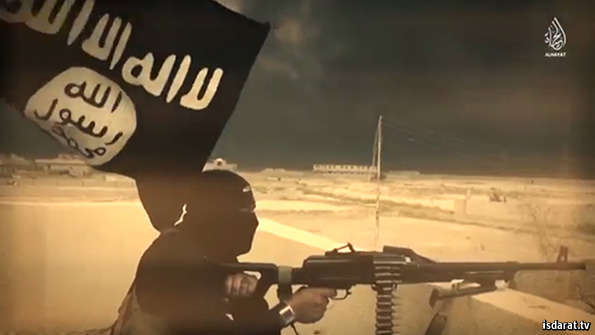In recent years, Thanksgiving meant more than just eating delicious food while surrounded by family and discussing what everyone is thankful for. The holiday is also the start of special sales and deals at popular retail stores. Instead of waiting until the Friday after Thanksgiving to start the discounts, retailers have developed the notion to start the sale hours before the big day. Giving people another reason to be thankful.
However, this year there seemed to be a decline on Thanksgiving shopping, shocking right? According to an article from the Business Insider called Thanksgiving shopping was a ‘bust,’ it went into detail about how the start of Black Friday shopping, which begins on Thursday, was slow and lower than usual. They found this information from a Black Friday team that was part of SunTrust, who went to different retail stores throughout the day.
What should be the rational reason for the slow start of the popular shopping is that people prefer to stay home with family on their day off instead of rushing to a store filled with excited shoppers racing to get the best deals. Though this might be a slight factor, it definitely is not the main reason. Online shopping is growing more than ever. A lot of retail stores also provide the same deals online. Instead of leaving family, staying up late, and waiting in line with hundreds of other, they get to stay at home and buy their items with a click of a button, no line involved.
The Business Insider article went into the characteristics as to why the usually busy shopping day was slower than normal. Stating that traffic in the New York area seemed below last year both on-and off-mall. Parking was easier for consumers and crowds were more tamed than usual. Another interesting factor is that many consumers were discussing how deals were not as compelling as years past. Also, many retails closed at mid-night, when usually they open around that time for the start of Black Friday.
The popular lines appeared to be for electronics, which the article explained those lines were also half of what they were last year. However, Kohl’s was one store that consistently had long lines and customers making multiple item purchases. This may be because Kohl’s did not have the same deals online.
According to the article, the retailers who had a successful day were American Eagle, Old Navy, and Abercrombie & Fitch. The stores who did not have crazy lines were Gap (which owns Old Navy), Zumiez, and New York & Company.
Needless to say, maybe people are coming to the realization that Black Friday should only be on that day. Or perhaps, online deals are a better choice.


